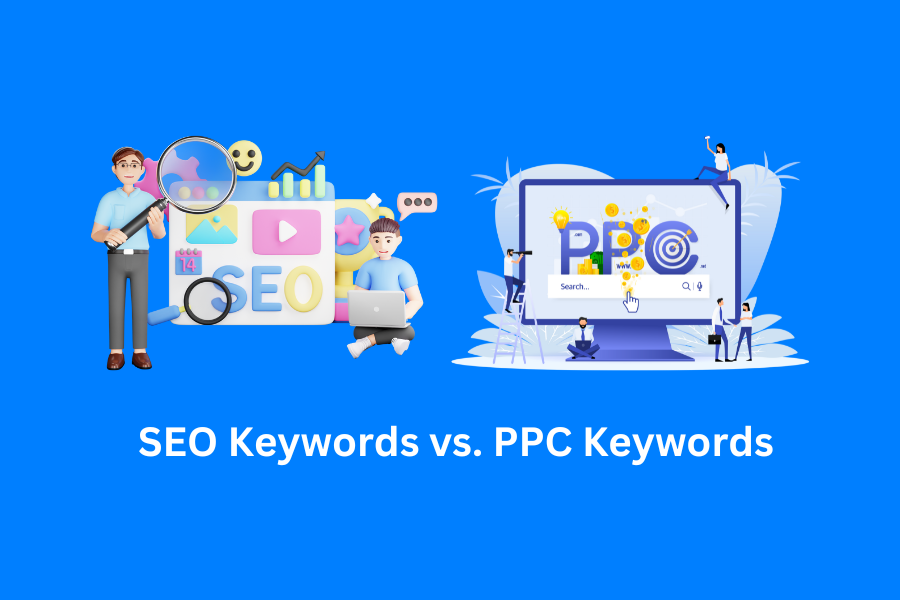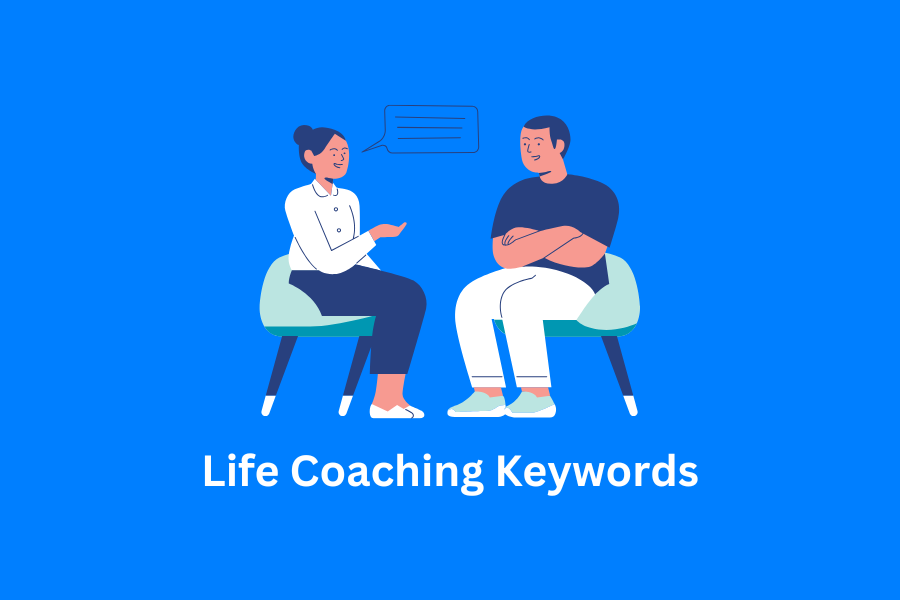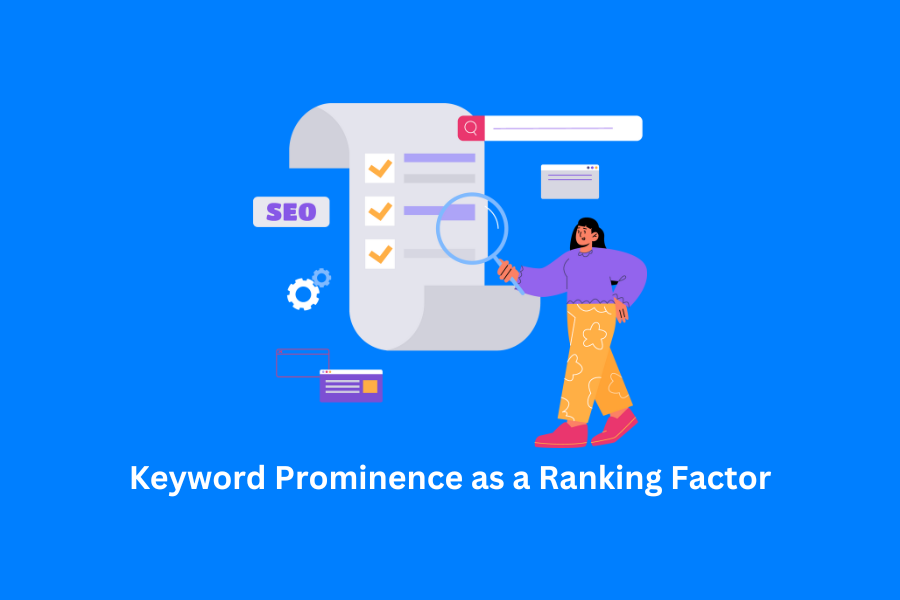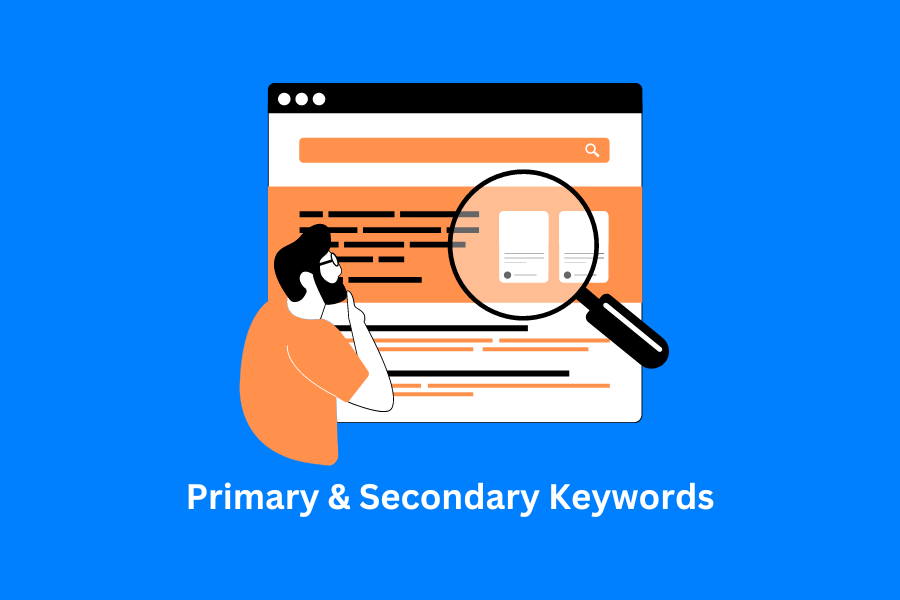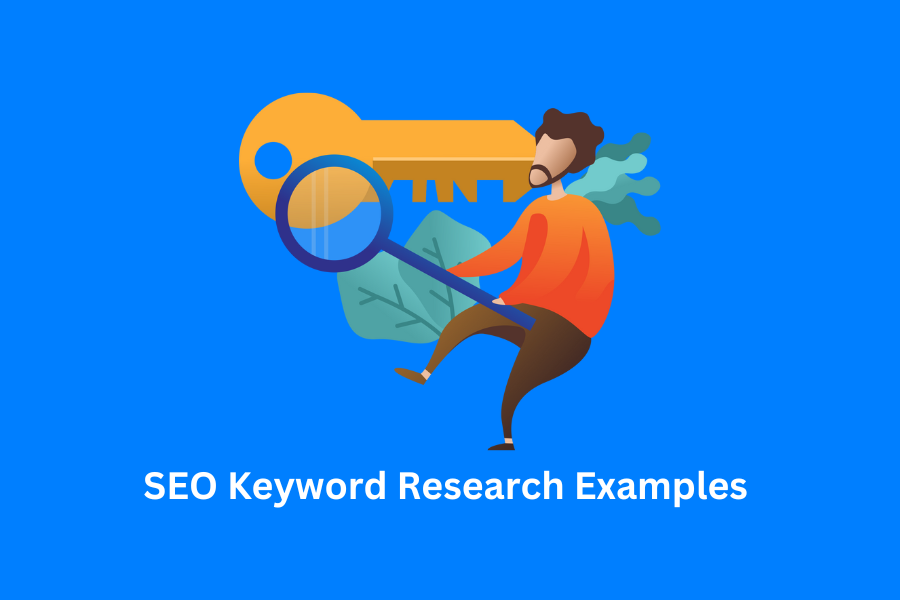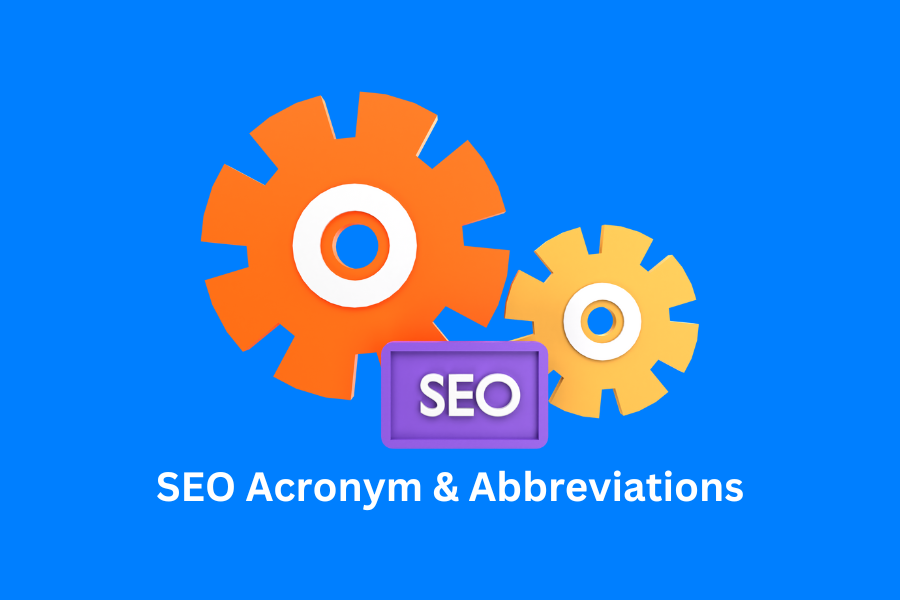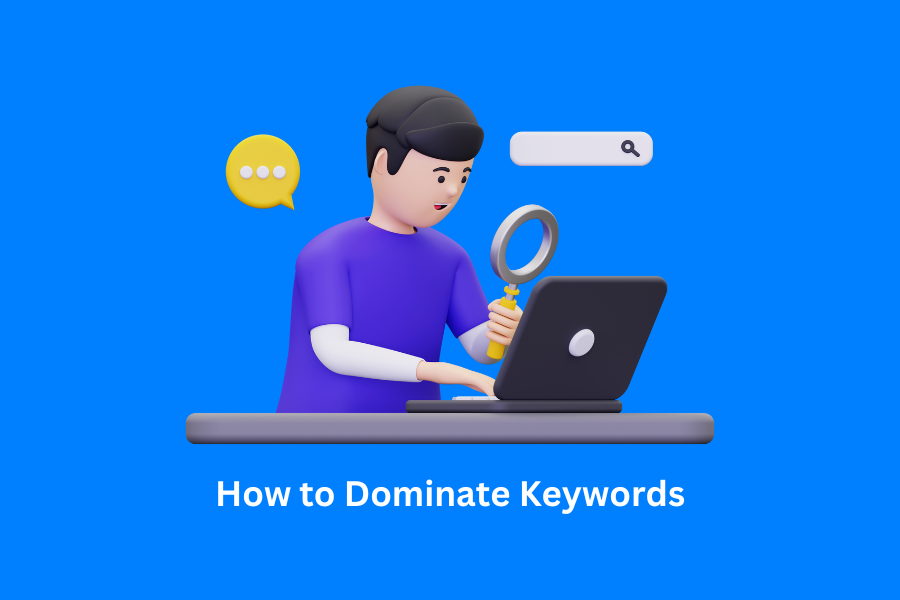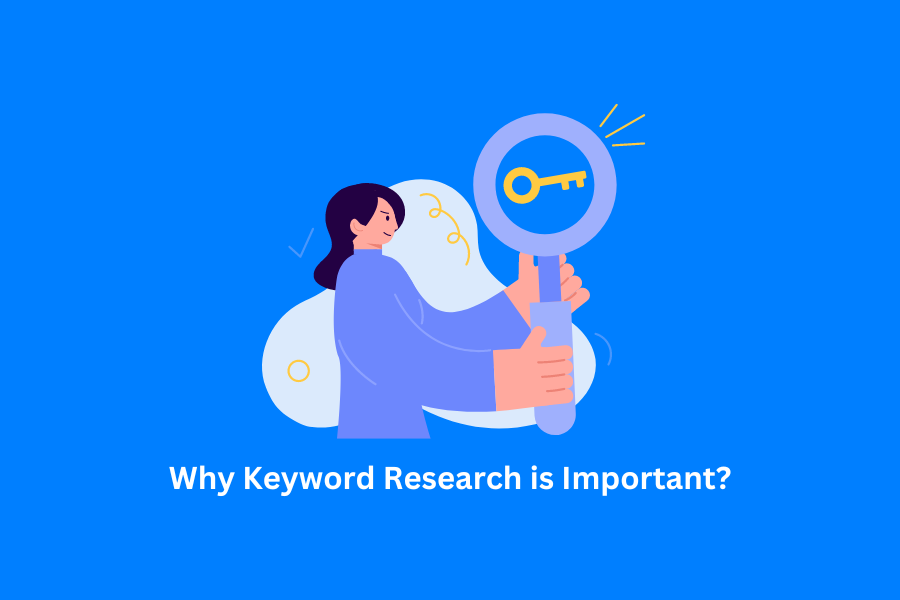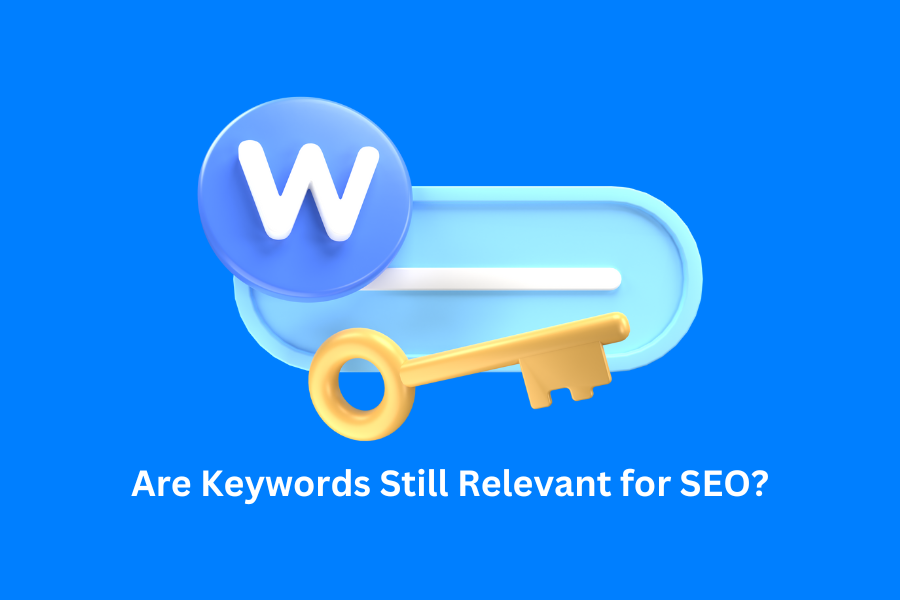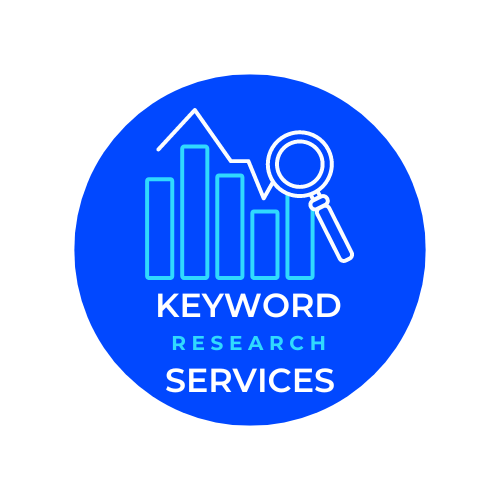Understanding the difference between SEO (Search Engine Optimization) keywords and PPC (Pay-Per-Click) keywords is crucial for crafting an effective online strategy. While both play significant roles in driving traffic to your website, they operate on different principles and serve distinct purposes.
This article will explore these differences, provide essential definitions, discuss their pros and cons, and illustrate how an integrated approach can enhance your marketing efforts.
Definitions
SEO Keywords: SEO keywords are phrases or terms that users enter into search engines when looking for information. These keywords are optimized within the content of a website to improve its organic ranking on search engine results pages (SERPs). The goal of SEO is to attract unpaid traffic through high-quality content, keyword optimization, and technical SEO practices.
PPC Keywords: PPC keywords are similar in that they are also terms users search for. However, they are specifically targeted for paid advertising campaigns, such as Google Ads. Advertisers bid on these keywords to have their ads displayed prominently in search results. When a user clicks on the ad, the advertiser pays a fee, hence the name “pay-per-click.”
Key Differences Between SEO and PPC Keywords
| Aspect | SEO Keywords | PPC Keywords |
|---|---|---|
| Cost | Free (organic traffic) | Paid (cost-per-click) |
| Results Timing | Long-term (takes time to rank) | Immediate (as soon as the campaign is live) |
| Traffic | Gradual increase over time | Instant influx of traffic |
| Longevity | Sustainable as long as content is relevant | Temporary; stops when payments cease |
| Click-through Rate (CTR) | Typically higher for organic results | Varies based on ad quality and targeting |
| Conversion Rates | Generally higher for organic traffic | Can be lower due to ad fatigue or poor targeting |
Pros and Cons of SEO and PPC Keywords
SEO Keywords
Pros:
- Cost-effective: Once your site is ranking well, organic traffic is essentially free.
- Credibility: Users often trust organic results more than ads.
- Sustainable: Quality content can continue to attract traffic over time without ongoing costs.
Cons:
- Time-consuming: It can take months to see significant results.
- Uncertainty: Changes in search engine algorithms can impact rankings.
- Requires expertise: Effective SEO requires ongoing optimization and knowledge of best practices.
PPC Keywords
Pros:
- Immediate results: Traffic can be generated almost instantly.
- Targeting: Ads can be highly targeted based on demographics, interests, and behaviors.
- Budget control: You can set daily budgets and control spending.
Cons:
- Costs can add up: Continuous payments can be expensive, especially for competitive keywords.
- Ad fatigue: Users may ignore ads over time, leading to lower CTRs.
- Temporary: Traffic stops as soon as the ad campaign ends.
Integrated Approach: How SEO and PPC Work Together
An integrated approach combines the strengths of both SEO and PPC, allowing marketers to maximize their online presence. By aligning strategies, businesses can leverage SEO to build long-term organic traffic while using PPC for immediate visibility.
Example: White-Label Keyword Research Service
Let’s consider a white-label keyword research service. This service helps businesses optimize their content for SEO and PPC, making it easier for them to reach their target audience effectively.
- SEO Implementation: The keyword research service identifies high-potential keywords that can be integrated into a company’s content strategy. By creating valuable content around these keywords, the business can improve its organic ranking over time.
- PPC Campaigns: Simultaneously, the same service can help the business set up PPC campaigns targeting the same keywords. This dual strategy ensures that the business appears in both organic search results and paid ads, maximizing visibility.
- Data Analysis: The keyword research service can analyze performance data from both SEO and PPC campaigns. Insights gained from user behavior on paid ads can inform SEO strategy, while organic traffic trends can help refine PPC targeting.
Conclusion
SEO and PPC are essential components of any digital marketing strategy. While SEO provides a sustainable approach to attracting traffic, PPC allows for immediate results. By integrating both methods, businesses can enhance their visibility and drive targeted traffic more effectively.
